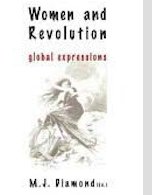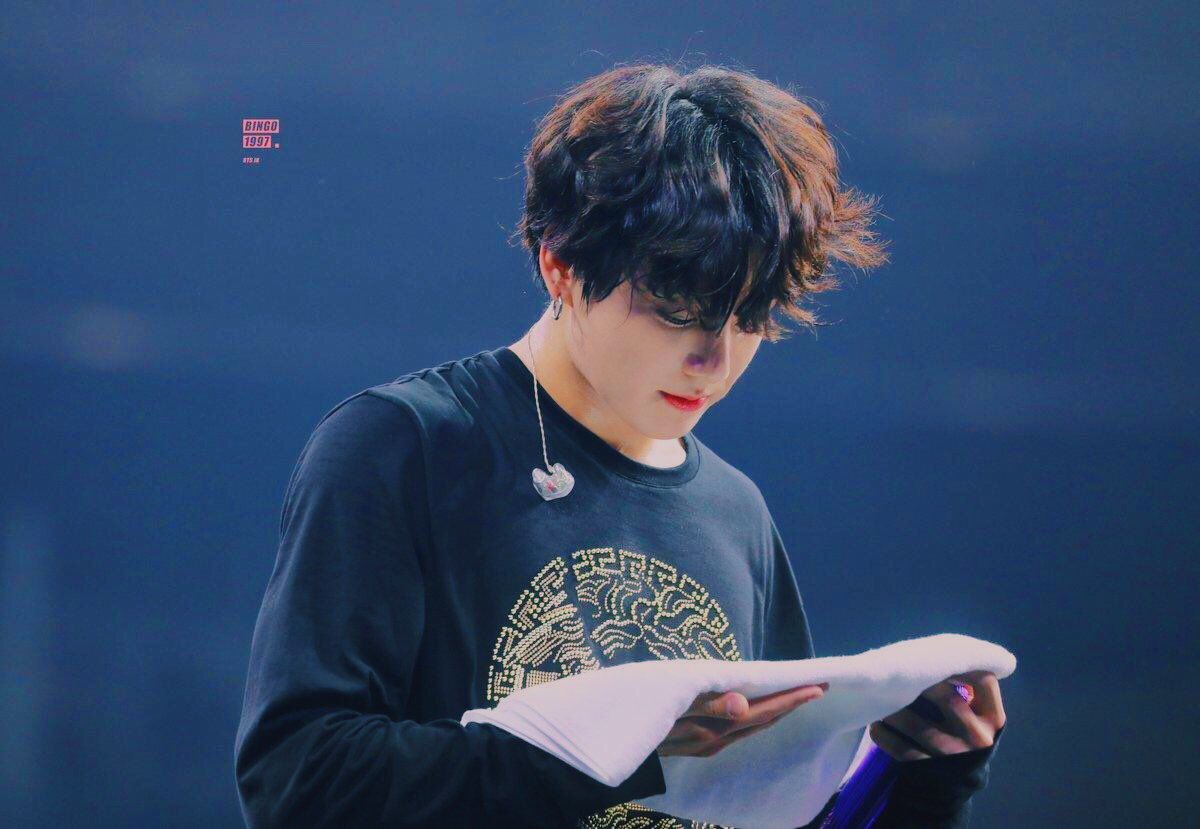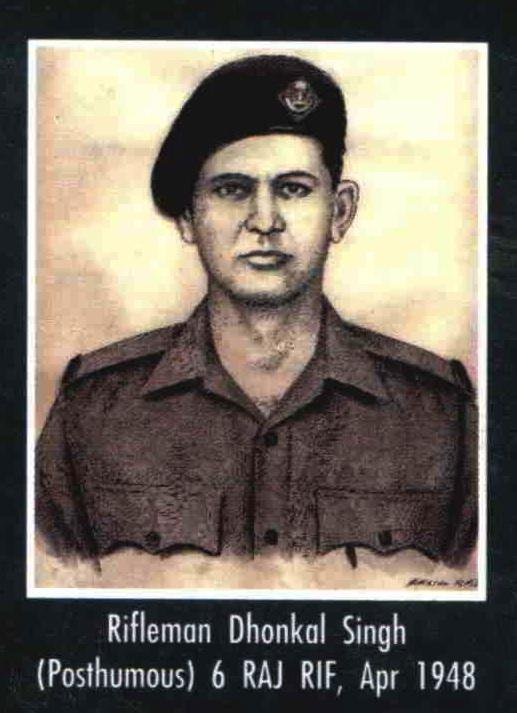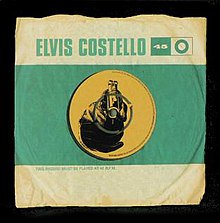#IvaValleyMassacre [1949; Enugu] and #AbaWomensWar [1929; Started in Oloko/Aba area/Owerri province, and spread to Calabar province and other areas]
1/ A Thread on 1929:
libcom.org/library/aba-wo…
"A two-month rebellion waged by local market women from the Igbo tribe of southeastern Nigeria against the excessive powers of the British government and its warrant chiefs at the height of colonialism."
fee.org/articles/the-a…
#NwanyiBuIfe
#WomensWar90
#AbaWomensWar
#AbaWomensWar1929
"The Women’s War of 1929:
A History of Anti-Colonial Resistance in Eastern Nigeria", by Toyin Falola and Adam Paddock
cap-press.com/pdf/2263.pdf
#NwanyiBuIfe
#WomensWar90
#AbaWomensWar
#AbaWomensWar1929
Recommended reading:
"The impact of women’s political activism on the transition from British trusteeship to Nigerian self-govt
between 1914 and 1960", by Areeba Kamal
ida.mtholyoke.edu/xmlui/bitstrea…
#WomensWar90
#AbaWomensWar1929
- The Women’s War of 1929 in South-Eastern Nigeria by Felicia Ihuoma Abaraonye | From the book: "Women and Revolution" - link.springer.com/book/10.1007/9…

#NwanyiBuIfe #WomensWar90 #AbaWomensWar1929
#NwanyiBuIfe
#WomensWar90
#AbaWomensWar
#NwanyiBuIfe
#NwanyiBuIfe #GenderMatters #WomensWar90 #AbaWomensWar #AbaWomensWar1929
#NwanyiBuIfe #GenderMatters #AbaWomensWar
Within a few years the appointed warrant chiefs became increasingly oppressive." #NwanyiBuIfe #AbaWomensWar
The women’s revolt was sparked after a dispute between a woman named Nwanyeruwa and a man, Mark Emereuwa." #NwanyiBuIfe #AbaWomensWar
#NwanyiuIfe #AbaWomensWar
#NwanyiBuIfe #AbaWomensWar
#NwanyiBuIfe #WomensWar90 #AbaWomensWar #AbaWomensWar1929 #90thAnniversary #Oloko
19/ "Believing they would be taxed, based on Nwanyeruwa’s account, the Oloko women invited other women (by sending leaves of palm-oil trees) from other areas in the Bende District, as well as from Umuahia & Ngwa.."
#NwanyiBuIfe #WomensWar #AbaWomensWar
During the 2-month “war”, at least 25,000 women overall were involved in protests against British officials."
#NwanyiBuIfe #AbaWomensWar
The Leaders of the protest in Oloko are known as the Oloko Trio: Ikonnia, Nwannedia and Nwugo. The three were known for their skills in speaking, their intelligence and their passion..."
#NwanyiBuIfe
“Ma o ghara ibu nwa beke mma anyiu egbuole Okugo rie” If it were not for the whyte man we would have killed Chief Okugo & eaten him up.”
As the revolt spread, other groups followed this pattern"
#NwanyiBuIfe #AbaWomensWar1929 #WomensWar90
The women’s protests were carried out on a scale that the colonial state had never witnessed in any part of Africa..."
#AbaWomensWar #WomensWar90 #AbaWomensWar1929
#AbaWomensWar #WomensWar90 #NwanyiBuIfe
After the Women’s war, women’s movements were very strong in Nigeria.."
#AbaWomensWar #ClaimingOurNarratives #NwanyiBuIfe..
On November 18, 2019, let's REMEMBER & HONOUR them, as we mark the 90th Anniversary of #AbaWomensWar1929 #AbaWomensWar #WomensWar



















